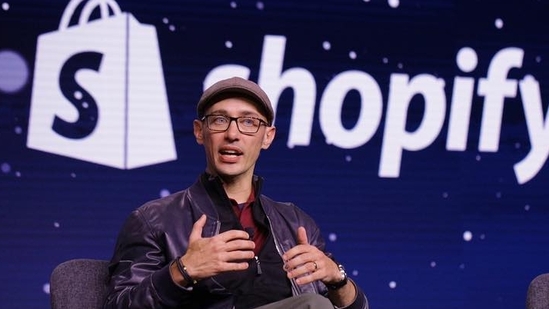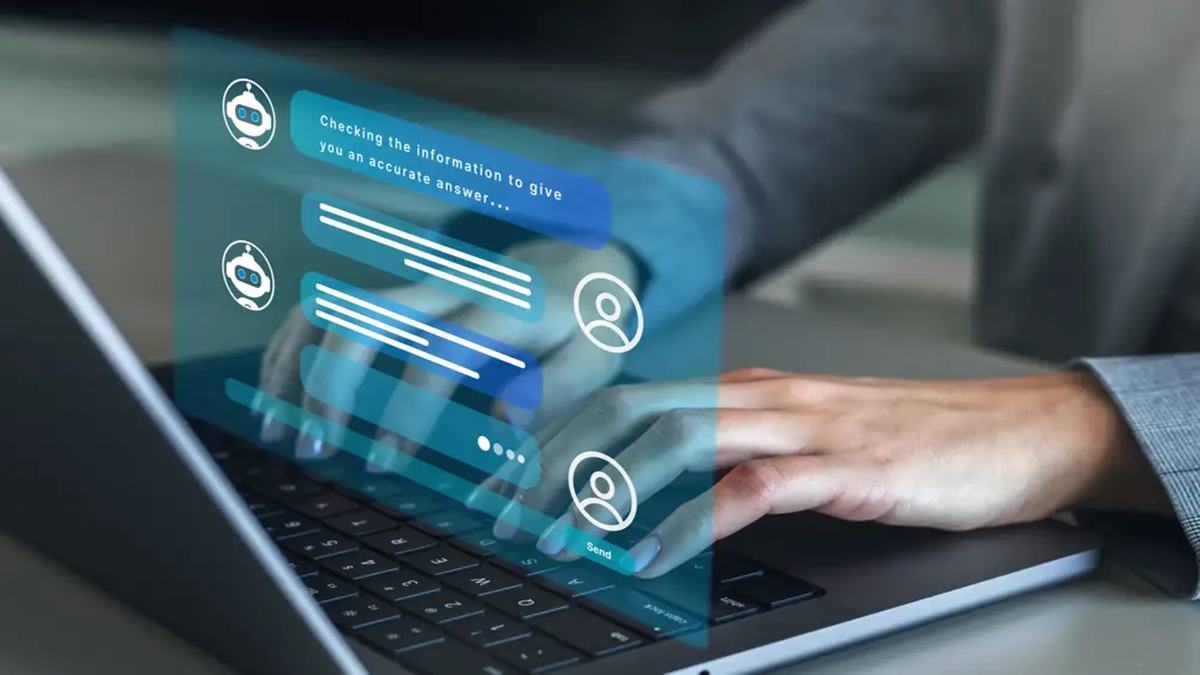The job market is changing, and for many, landing the right role feels tougher than ever. Switching to a new position can take months, and the process is daunting. But what has actually changed? Are we living in a more difficult world than our parents or grandparents? It seems the younger generation has an especially hard time, with graduates struggling to get hired. So, what’s causing this and why is it so exhausting? Let’s find out.
In our recent article, we’ve focused on graduates and the challenges they face in today’s job market , where fewer roles are advertised for young people. We also highlighted how artificial intelligence is reshaping workplaces, reducing opportunities not just at the entry level but across the board. On top of this, candidates are up against increased competition, higher hiring costs, and even ghosting. Given all these challenges, how can candidates break through? The answer is simple. By adapting.
The new era of working
Work, as we know it, is undergoing a significant shift. AI is taking over tasks that once required human effort. Remote and hybrid work models have redefined what the “office” even means. Generational differences shape how people view careers, loyalty, and work-life balance. And skill gaps – particularly in digital and tech fields – are widening faster than many can close them. Simply put, nothing is as it used to be.
The World Economic Forum paints a clear picture of this transformation as it states that there will be 78 million new job opportunities by 2030. The thing is that people need to upskill and, ultimately, adapt.
The WE Forum report “Future of Jobs Report 2025” estimates that between 75 million and 375 million workers worldwide may face difficulties adapting to new ways of working. The scale of that challenge depends heavily on how quickly economies advance. For example, in Japan, nearly half of the workforce could soon be in a position where they must learn entirely new skills just to remain employable.
At the heart of this transformation lies one pressing question: can people adapt fast enough? The process might involve acquiring new technical abilities as well as unlearning old habits, embracing lifelong learning, and being comfortable in a constantly changing environment. For many, that’s an intimidating prospect.
Technology isn’t slowing down to wait for us, either. Recently, OpenAI released its newest ChatGPT upgrade (GPT-5) described as their “best model yet for coding and agentic tasks”. Such tools can automate complex tasks, assist in creative work, and accelerate workflows. For workers who can harness them, AI could be an amplifier of skills and a career booster. For those who can’t, it risks becoming a competitive disadvantage.
ChatGPT prompts to help you get that role
You might be wondering whether ChatGPT can actually help you land a job. The short answer: it won’t magically get you hired, but it can make a huge difference in how quickly and effectively you prepare, apply, and stand out. And let’s be honest… if you’ve been stuck in the recruitment cycle for a while, any tool that saves time and energy is worth a closer look.
Here’s the thing: employers are already using AI. At Morson, for example, we’ve implemented AI-driven talent matching and data-enhanced hiring processes that have transformed how candidates are found. From a database of 600,000 people, AI can instantly narrow the field to the top 20 based on factors like skills, location, and career goals. It doesn’t replace recruiters but empowers them to work faster and make more informed choices.
If you think the initial shortlist is made by a person, think again. Today it’s almost always done by algorithms and software. With hundreds of applicants competing for the same role, your chances of getting through are slim… unless you adapt your resume and pitch to match what the system is looking for.
If recruiters are using AI to search for the best candidates, it only makes sense for job seekers to use it too. ChatGPT can help you craft tailored CVs, prepare for interviews, brainstorm answers to tricky questions, and even research companies more effectively. But beyond these obvious ways, like asking it to help with interview questions or researching companies, it can help with building a network strategy or even uncovering hidden job opportunities.
Here are couple examples of effective prompts that can give you a real edge in job hunting:
1. Uncover hidden job opportunities. A lot of the offers you see on popular job boards are only a fraction of what’s out there. Many roles are filled through networking, niche platforms, or internal referrals before they’re ever advertised. Look beyond the obvious listings to find opportunities with less competition and a higher chance of success.
Ask ChatGPT: “List 10 companies in (industry) that are expanding in (location) but have not yet posted public job ads. Include their recent growth indicators and possible roles they may hire for.”
2. Tailor applications beyond the job description by looking past the listed duties and identifying the employer’s real priorities, whether it’s meeting tight project deadlines, ensuring compliance, or driving innovation. Research the company’s recent projects, contracts, and challenges, then adapt your CV and cover letter to show how your skills directly address those needs. It can help you stand out from candidates who only tick the obvious boxes.
Ask ChatGPT: “Rewrite my CV to directly address the hidden needs of the hiring manager for (job title) at (company), based on their public values, news articles, and industry trends.”
3. Outthink the recruitment process by anticipating how employers screen, shortlist, and assess candidates. Understand the keywords and skills applicant tracking systems look for, prepare examples that address common hiring concerns, and have strategic questions ready for interviews.
Ask ChatGPT: “Simulate a recruiter screening call for a (role in industry) and give me real-time feedback on my answers,” or “Analyse this job description (paste text) and list the top 10 keywords and technical skills that applicant tracking systems are most likely to prioritise.”
By thinking one step ahead, you can position yourself as the candidate who not only meets the requirements but also understands how hiring decisions are really made.
4. Build credibility in your niche by highlighting your technical skills, certifications, and real-world project experience. Share examples of how you’ve solved complex problems, worked on high-profile projects, or contributed to safety, efficiency, or innovation in your field.
Use LinkedIn posts, industry forums, or networking events to position yourself as someone who not only knows the job but understands the bigger picture in your sector.
Ask ChatGPT: “Create a short LinkedIn post that showcases my expertise in (technical skill or project type) and attracts interest from recruiters.”
5. Position yourself for the next opportunity by keeping your skills, certifications, and industry knowledge up to date, even when you’re not actively job hunting. Follow emerging technologies, regulations, and trends in your sector, and showcase your expertise through networking, online profiles, or industry events. This way, when the right role appears, you’re already seen as a strong, credible candidate ready to step in.
Ask ChatGPT: “Based on current AI, automation, and industry trends, what skills should I learn in the next 12 months to future-proof my career in (field)?”
Or depending on whether you’re applying for an entry-level role:
“Help me create a personal brand statement that positions me as a specialist in (area), even if I’m early in my career.”
Ready to apply?
The new era of work won’t just be defined by technology itself, but by how well we adapt to using it. As Heraclitus said, “the only constant in life is change” so it makes sense to accept the change. In this case, the broken system as the world of work is changing fast and the smartest move isn’t fighting that fact; it’s adapting. Learn the new rules, sharpen the right skills, and use the tools that give you an edge.
If you’re reading this because you’re looking for a new job, you’ve already taken the first step. You now know what to focus on: target the right roles, build your presence, and use smart, strategic tactics to stand out. If you’ve got the assets, the next move is simple. Find the right opening and apply.
Source- https://www.morson.com/blog/getting-job-even-possible-right-now-and-how-chatgpt-can-actually-help




















